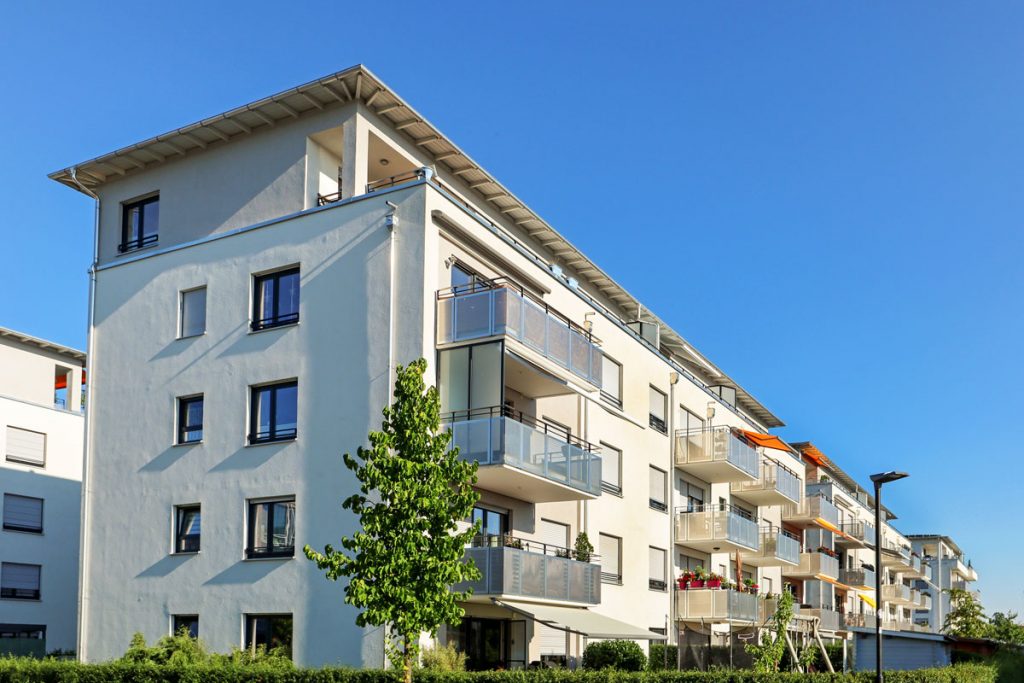The decision to rent or buy a home is a significant financial choice that can have a profound impact on your lifestyle and long-term financial stability. Both renting and buying have their unique advantages and disadvantages, and understanding these factors is crucial in making an informed decision. In this blog post, we'll delve into the pros and cons of renting and buying a home to help you determine which option aligns better with your current circumstances and future goals.
Pros of Renting a Home:
- Flexibility and Mobility: Renting offers greater flexibility, especially for those who may need to relocate frequently for work or personal reasons. You can easily move at the end of the lease term without the responsibility of selling a property.
- Lower Upfront Costs: Renting typically requires a smaller upfront cost, as you won't need to make a substantial down payment or cover property taxes, which can be significant expenses associated with homeownership.
- Maintenance and Repairs: As a renter, you are not responsible for most major maintenance and repair costs. Landlords usually handle these issues, allowing you to avoid unexpected expenses.
- Access to Amenities: Many rental properties offer access to amenities such as swimming pools, gyms, and communal spaces, which may be more affordable than purchasing a home with similar features.
Cons of Renting a Home:
- Limited Control and Customization: Renters have limited control over the property, which means you may not be able to make significant changes or renovations to suit your preferences.
- No Equity Building: Rent payments do not contribute to building equity in the property. While renting can be an affordable short-term solution, it doesn't offer the potential for long-term wealth-building through property appreciation.
Pros of Buying a Home:
- Investment and Equity Building: Purchasing a home allows you to build equity over time as you pay off your mortgage. Over the long term, real estate has the potential for appreciation, which can lead to increased property value.
- Stability and Security: Owning a home provides a sense of stability and security, as you have more control over your living space and can make it truly your own.
- Tax Benefits: Homeownership offers potential tax benefits, including deductions for mortgage interest and property taxes, which can reduce your taxable income.
Cons of Buying a Home:
- High Upfront Costs: Buying a home involves substantial upfront costs, including a down payment, closing costs, and home inspections. It may take years to recoup these expenses through property appreciation.
- Responsibility for Maintenance: As a homeowner, you are responsible for all maintenance and repairs, which can be costly and time-consuming.
- Less Flexibility in Relocation: Selling a home and moving can be a lengthy process, making it less flexible for those who need to relocate frequently.
Ultimately, the decision to rent or buy a home depends on your unique financial situation, lifestyle preferences, and long-term goals. Renting offers flexibility and lower upfront costs, while buying provides the potential for equity building and stability. Consider your current circumstances and future plans to determine the best option that aligns with your needs and aspirations. Always seek guidance from a real estate professional or financial advisor to make the most informed decision for your individual situation.
